2024年
2025年シーズンの内容については
こちらを参照ください。
他の四輪モータースポーツカテゴリーと同様にF1においてもピットロードでは、制限速度やピット作業に関する守らなければならないレギュレーションがあります。
ピットロードの入口と出口の定義
F1ではレースディレクターが特に定義しない限り、ピットロードの入口となる『ピット入口ロード』とピットロードの出口となる『ピット出口ロード』がレギュレーションで定義されています。
ピットロードの入口の開始地点は「第1セーフティカーライン」、ピットロードの出口の終了地点は第2セーフティカーラインとなります。
これらの位置はサーキットによってそれぞれ異なります。
ピット入口ロード
F1では第1セーフティカーラインからピットロードの開始地点までの間を『ピット入口ロード (pit entry road)』と定義します。
ピット出口ロード
F1ではピットロードの終了時点から第2セーフティカーラインまでの間を『ピット出口ロード (pit exit road)』と定義します。
ピットロードのレーンの定義
F1ではピットレーンを『ファストレーン』と『インナーレーン』の2つのレーンに分けて運用することになっています。
ファストレーン
ピットウォールに近い側のレーンを『ファストレーン (fast lane)』と呼びます。ファストレーンの幅は3.5メートル以下と定められています。
ピットロードを走行する車両はファストレーン上を走行しなければなりません。
インナーレーン
ピットに近い側のレーンを『インナーレーン (inner lane)』と呼びます。
ピット作業はファストレーン上で行うことが禁止されているため、インナーレーン上で行う必要があります。
ピットの割り当て
FIAはサーキットごとに各チームが作業できるピットとピット前のピットレーンのエリアを均等に割り当てます。
各チームは各セッション中は割り当てられたピットを使用しなければならず、レース中のタイヤ交換などのピット作業も自チームのピット前で行う必要があります。
ピットロード制限速度
モータースポーツファンにとっては常識かもしれませんが、ピットロードには制限速度があります。ピットロードを走行する時は、いかなる場合でも制限速度を超えないように走行しなければなりません。
F1でのピットロードの制限速度は『80km/h』です。制限速度を超過すると、ペナルティが科せられます。ペナルティの裁量はセッションによって変化します。
何らかのアドバンテージを得るために制限速度を超過していると疑われる場合、スチュワードは更なるペナルティを科すことができます。
フリー走行、公式予選、スプリント予選
ピットロードの制限速度を1km/h超過するごとに100ユーロの罰金が科せられます。
罰金には上限があり、最大1000ユーロと定められています。
2021年 F1第2戦 エミリア・ロマーニャGP
イモラで開催された2021年 F1 第2戦 エミリア・ロマーニャGPでは、土曜日のフリー走行3回目でアルファタウリの角田裕毅選手がピットロードの制限速度80km/hに対して、82.4km/hで走行したと判定されました。
角田裕毅選手にとってF1で初めてとなるピットレーンの速度違反となってしまい、ペナルティとして300ユーロの罰金が科せられました。
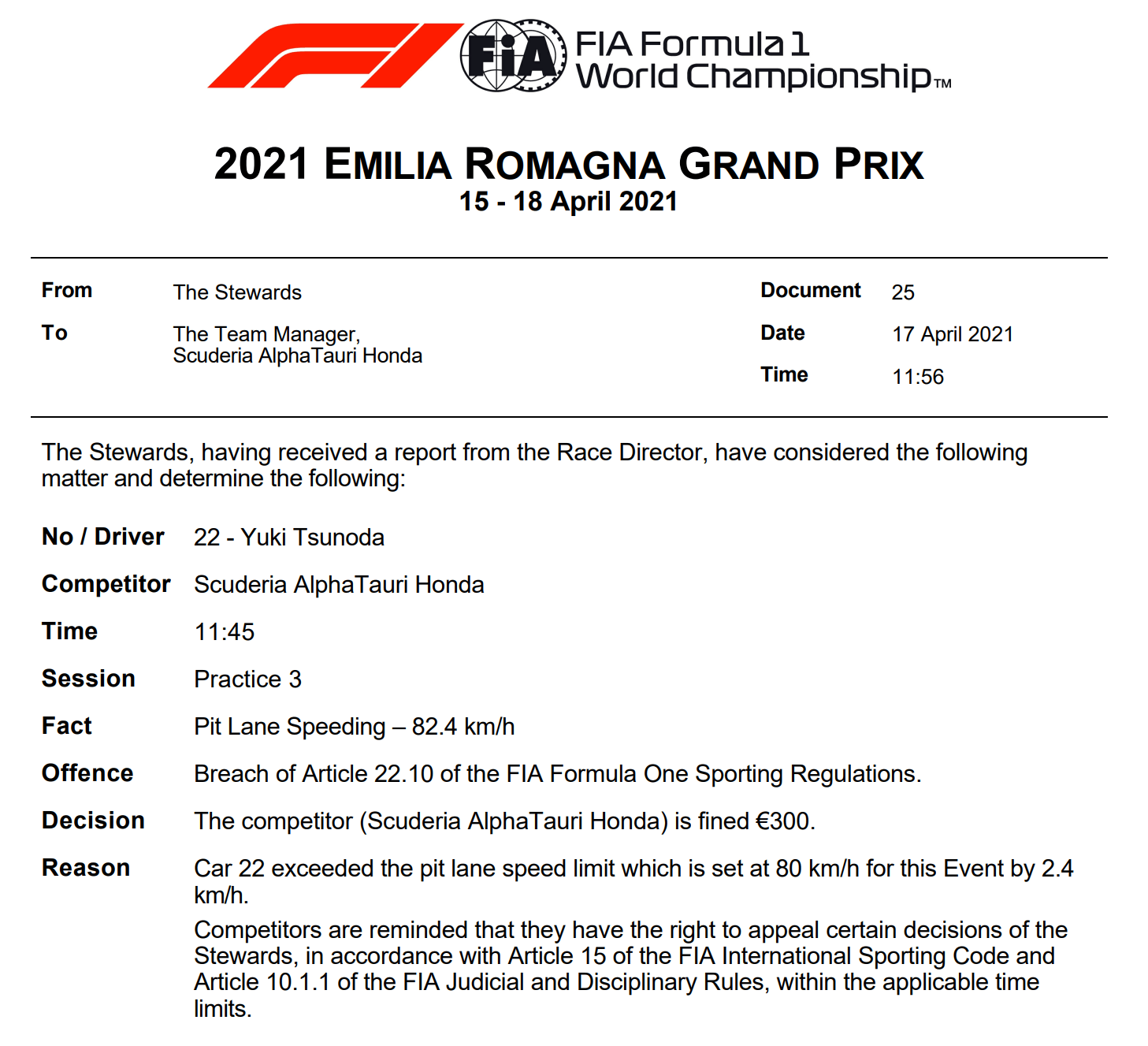
スプリント、決勝
レース中のピットイン時にピットロードの制限速度を超えて走行すると、ドライブスルーペナルティが科せられます。
わずかな超過であっても、ピットアウトのタイミングがコンマ数秒早くなるだけで、レース結果に影響する場面もあります。
ドライブスルーペナルティは20秒間のタイムペナルティに相当するため、レース中の制限速度の超過はかなり厳しいペナルティと言えます。
ピット作業
SUPER GTやスーパーフォーミュラのように、ピットストップのときに作業を行うことができるメカニックの人数に制限があるレースカテゴリーは少なくはありません。
ところが、F1ではピット作業に関わることができるメカニックの人数に制限はありません。
タイヤ1本交換するためだけに、タイヤを外す人、インパクトレンチでホイールナットの取り外しと締め付けを行う人、新しいタイヤを取り付ける人の3名で対応しています。したがって、4本のタイヤを交換するために12名のメカニックが同時に作業を行っています。
現在のF1ではレース中の給油が禁止されているため、ピットストップ時の作業は実質タイヤ交換だけになります。そのため、近年のF1ではタイヤ交換の作業時間は非常に短く、ピットストップの時間はたった2〜3秒程度で完了しています。
また、ピット作業に関わるメカニックは、定められた基準を満たすヘルメットと目の保護具の着用が義務付けられています。
ピットアウト時のアンセーフ・リリースの禁止
ピットロード上ではファストレーンを走行する車両に優先権があります。ファストレーンに走行している車両がいる場合、ピットストップ中の車両は発進することはできません。
ファストレーンに走行車両がいるにも関わらず、ピットから車両を発進させた場合は『アンセーフ・リリース』と判断される場合があります。
フリー走行や公式予選でアンセーフ・リリースと判断された場合は『グリッド降格』のペナルティ、決勝では『10秒間のストップアンドゴー・タイムペナルティ』が科せられる場合があります。
F1では、ピットストップ時のコンマ数秒でレース結果が変わるような争いをしているため、ファストレーンを走行する車両の存在に気づいていても、アンセーフ・リリースと見なされてもおかしくはないほどのギリギリのタイミングで車両を発進させることもあります。
アンセーフ・リリースはレース中だけでなく、フリー走行や公式予選の間も監視されています。
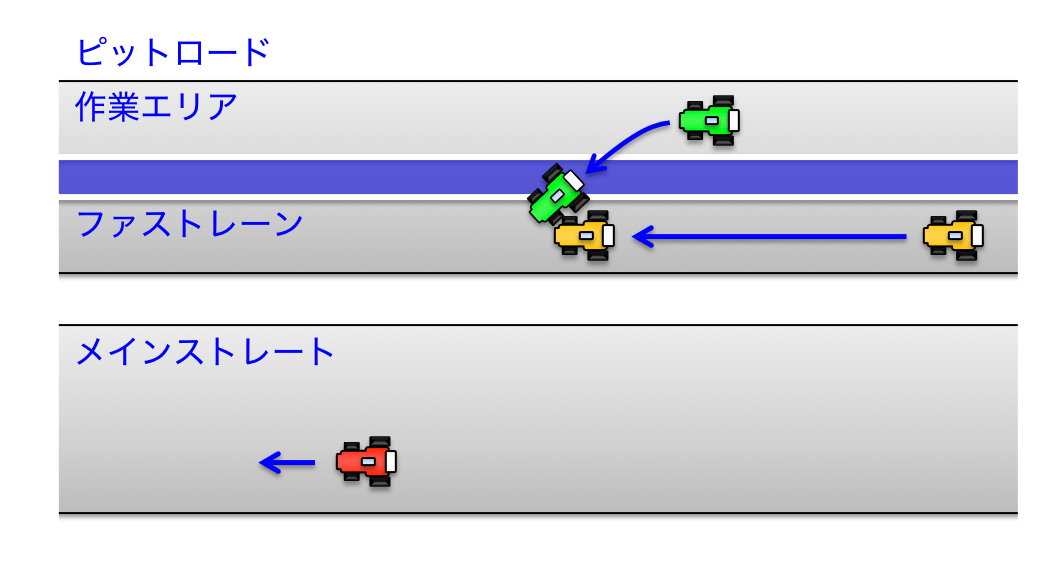
ピットロードにおけるその他のルール
バック走行の禁止
ピットロード上ではリバースギアを使って自走で後退する(バックする)ことが禁止されています。チームのメカニックによって車両を手押しで後ろ方向へ押し進めることは問題ありません。
基本的にピットでは後ろ向きに車両を駐車します。そのため、ピットロードからピットに入る場合は、ドライバーは自走で自身のピット前まで進みますが、その後は、メカニックが後ろ方向へ車両を押し進めてピットに入ります。
ジャッキの電動化の禁止
F1ではレース中にピットロード上で車両持ち上げるための装置の使用が禁止されています。
F1ではレース中にタイヤ交換が義務付けられています。タイヤ交換のために車両を持ち上げる必要がありますが、この時に、メカニックで車両を持ち上げなければならないことを意味しています。
スーパーフォーミュラでは、ピット作業をできるメカニックの人数が制限されており、車両を持ち上げる装置の使用が禁止されていないため、ピット作業中のフロントのジャッキアップの自動装置が導入されています。
マシンが安全ではない状態でのコースイン
マシンが安全ではない状態であると認識しながら、コースインをして走行を続けた場合、ドライバーに対してペナルティが科せられる場合があります。
ピットロード入口の閉鎖
F1ではピットロード入口付近でアクシデントが発生するなどの安全上の理由により、レースディレクターはピットロード入口を閉鎖することができます。
車両にトラブルがあるなどしてピットインしなければならない理由が明らかである場合を除き、ピットロード入口が閉鎖されている間にピットインするとペナルティが科せられる場合があります。
ピットスタート
レースをピットロードからスタートすることを『ピットスタート』と呼びます。ピットスタートするドライバーはレコノサンスラップが終了するまで、ピットロードを走行することが認められていません。
レコノサンスラップが終了した後、ピットロードを走行し、ピットロード出口でレースがスタートし、ピットロード出口のシグナルがグリーンに変わるまで待機しなければなりません。
待機している間には、メカニックによって以下の作業を行うことが認められています。
- エンジンの始動に関係する準備
- 許可された冷却・加熱用デバイスの取り付けおよび取り外し
- ドライバーの快適性向上に対する変更
- ホイールとタイヤの交換
レギュレーション
アーカイブ

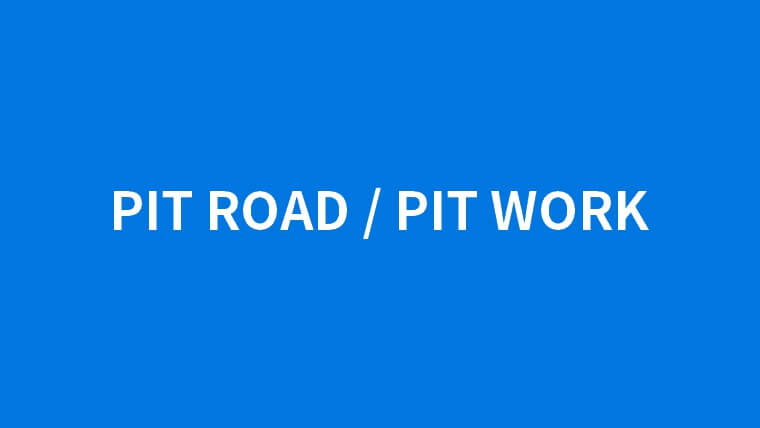
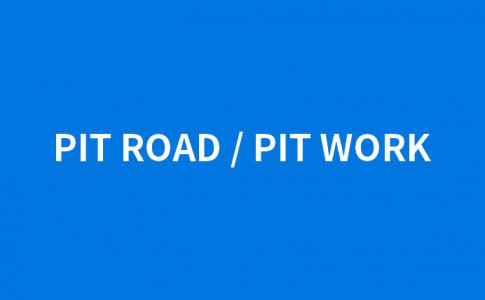
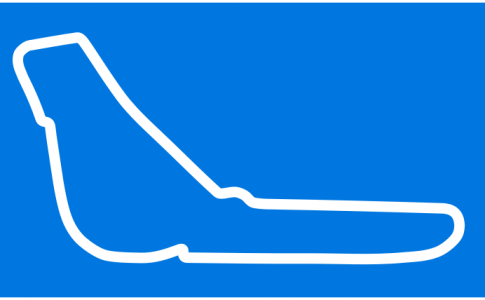
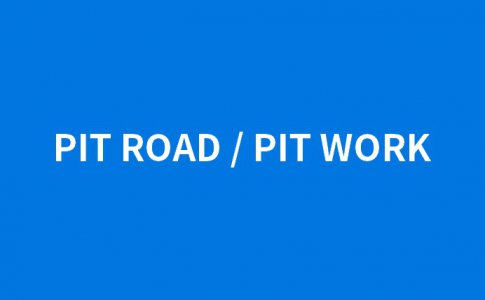
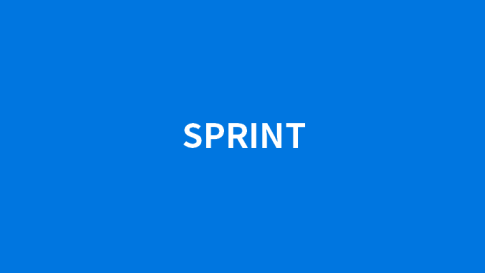
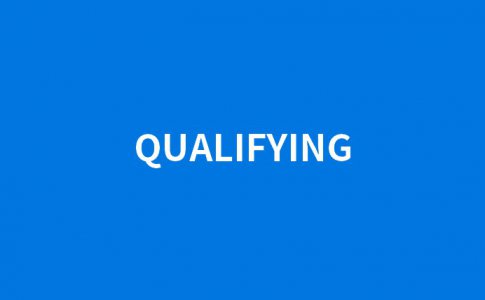

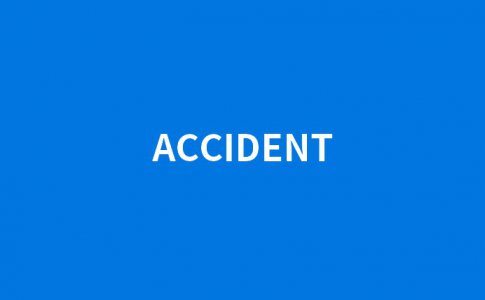
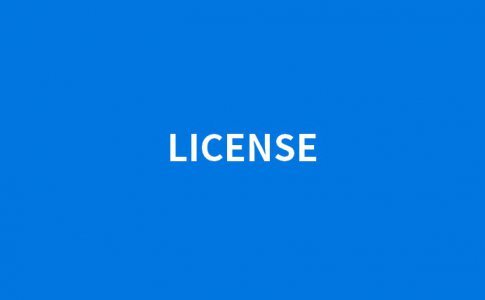
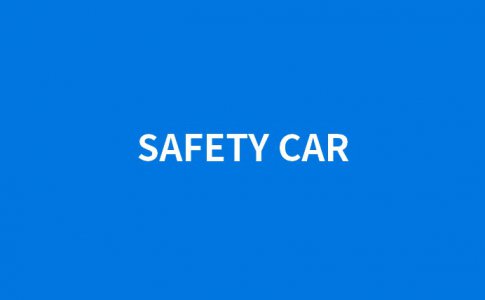
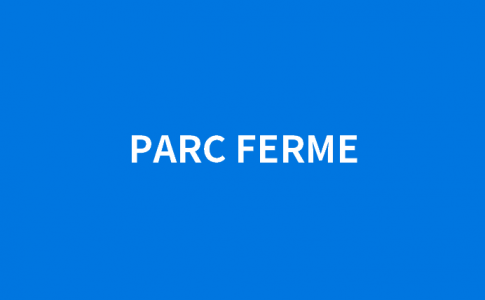

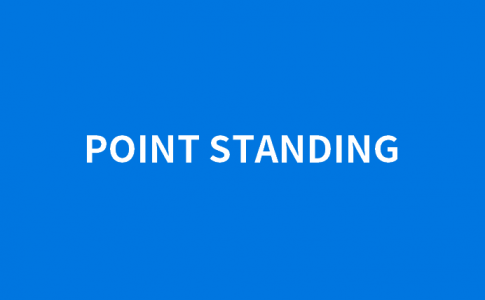
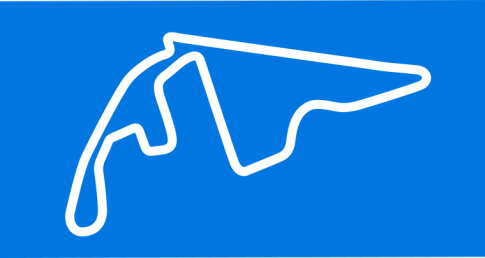
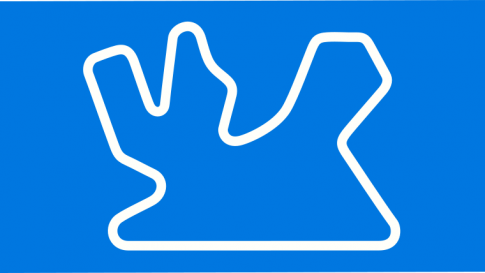
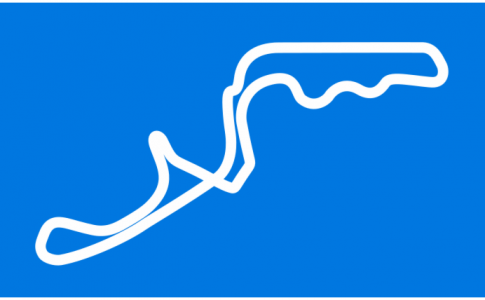

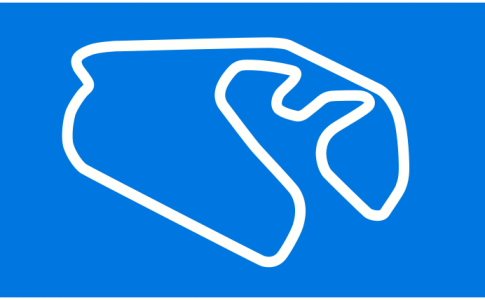
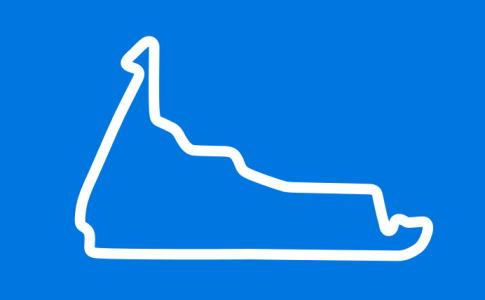
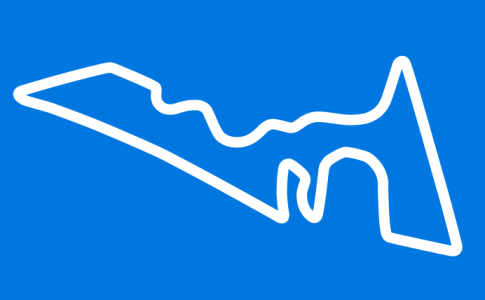
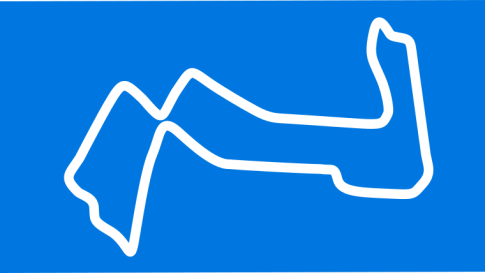
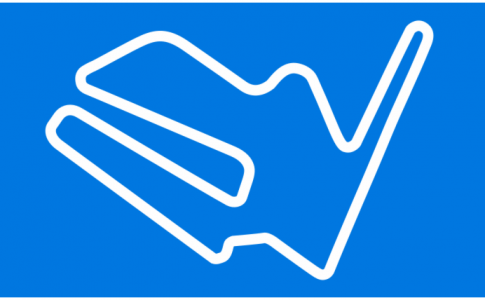
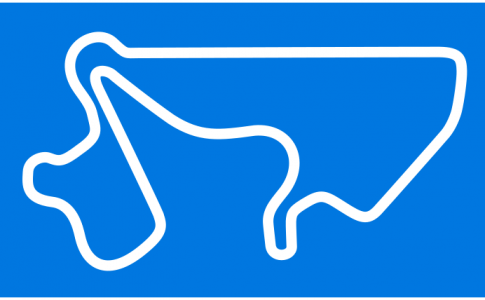
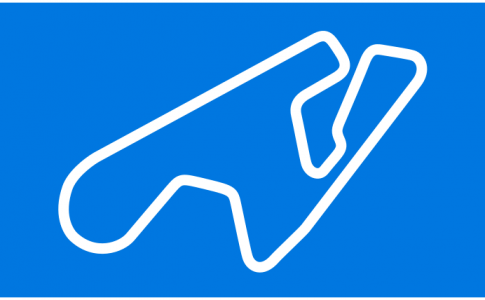
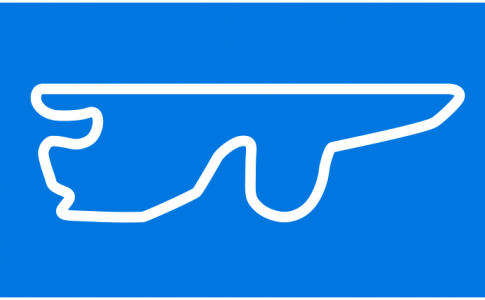
2024/2/28発行版
34) PIT ENTRY ROAD, PIT LANE AND PIT EXIT ROAD
34.1 Unless otherwise defined by the Race Director, the section of track leading to the pit lane, between the first safety car line and the beginning of the pit lane, will be designated the “pit entry road”.
34.2 Unless otherwise defined by the Race Director, the section of track from the end of the pit lane leading to the track, between the end of the pit lane and the second safety car line, will be designated the “pit exit road”.
34.3 At no time may a car be reversed in the pit lane under its own power.
34.4 The pit lane will be divided into two lanes, the lane closest to the pit wall will be designated the “fast lane” and may be no more than 3.5 metres wide, the lane closest to the garages will be designated the “inner lane”.
Other than when cars are at the end of the pit lane in accordance with Articles 43.3. 44.2 and 57, the inner lane is the only area where any work can be carried out on a car. However, no work may be carried out in the fast lane if it is likely to hinder other cars attempting to leave the pit lane.
34.5 The FIA will allocate garages and an area in the pit lane on an equal basis where each Competitor may work and, within each of these designated garage areas, one position where pit stops during any free practice session, qualifying session, sprint qualifying session, sprint session or the race may be carried out. For safety reasons, no car should be driven from its pit stop position at any time unless:
a) It has first been driven into the pit stop position having just entered the pit lane from the track; and
b) It is then driven immediately back onto the track from the pit stop position.
34.6 No powered device may be used to lift any part of a car in the pit lane.
34.7 A speed limit of 80km/h will be imposed in the pit lane during the whole Competition. However, this limit may be amended by the Race Director following a recommendation from the Safety Delegate.
a) Any Competitor whose driver exceeds the limit during any free practice session, qualifying session, or sprint qualifying session will be fined €100 for each km/h above the limit, up to a maximum of €1000.
b) In accordance with Article 18.1 the stewards may impose an additional penalty if they suspect a driver was speeding in order to gain any sort of advantage.
c) During a sprint session or the race, the stewards may impose any of the penalties under Article 54.3a), 54.3b), 54.3c) or 54.3d) on any driver who exceeds the limit.
34.8 Unless a car is pushed from the grid at any time during the start procedure, cars may only be driven from the Competitors’ designated garage area to the end of the pit lane.
Any car(s) driven to the end of the pit lane prior to the start or re-start of a free practice session, qualifying session or sprint qualifying session must form up in a line in the fast lane and leave in the order they got there unless another car is unduly delayed.
34.9 With the exception of the reconnaissance laps permitted by Articles 43.2 and 44.1, any driver that is required to start the sprint session or the race from the pit lane may not drive his car from his Competitors designated garage area until the pit lane exit is closed before the scheduled start of the formation lap and must stop in a line in the fast lane.
Under these circumstances working in the fast lane will be permitted for a period ending 90 seconds after the commencement of the Formation lap, after which all personnel and equipment must be clear of the fast lane. Any such work is restricted to:
a) Starting the engine and any directly associated preparation.
b) The fitting or removal of permitted cooling and heating devices.
c) Changes made for driver comfort.
d) Changing wheels and tyres.
When cars are permitted to leave the pit lane they must do so in the order that was established under Articles 43.3 and 44.2 unless another car is unduly delayed. At all times drivers must follow the directions of the marshals.
34.10 Other than by drying or sweeping, or by laying tyre rubber when cars leave their pit stop position, Competitors may not attempt to enhance the grip of the surface in the pit lane unless a problem has been clearly identified and a solution agreed to by the Safety Delegate.
34.11 Competitors must not paint lines on any part of the pit lane.
34.12 Other than when detailed in Article 34.9, no equipment may be left in the fast lane.
34.13 Team personnel are only allowed in the pit lane immediately before they are required to work on a car and must withdraw as soon as the work is complete.
All team personnel carrying out any work on a car in the pit lane when the car is in its pit stop position during the qualifying session, the sprint qualifying session, the sprint session or during a race pit stop, must be wearing helmets which meet or exceed the requirements of ECE 22.05 – European motorcycle road helmet, DOT – USA motorcycle road helmet or JIS T8133-2015, class 2 – JPN protective helmets for automobile users. The use of appropriate eye protection is compulsory.
34.14 In all of the cases detailed in this Article 34.14, a car will be deemed to have been released either when it has been driven out of its designated garage area (when leaving from the garage) or after it has completely cleared its pit stop position following a pit stop.
a) Cars must not be released from a garage or pit stop position in way that could endanger pit lane personnel or another driver.
b) Competitors must provide a means of clearly establishing, when being viewed from both above and in the front of the car, when a car was released.
c) If a car is deemed to have been released in an unsafe condition during any free practice, or qualifying session or sprint qualifying session, the stewards may drop the driver such number of grid positions as they consider appropriate. Such penalty will be applied to the race unless the infringement has been committed during the sprint qualifying session, in which case the penalty will be applied to the sprint session.
d) If a car is deemed to have been released in an unsafe condition during a sprint session or a race, a penalty in accordance with Article 54.3d) will be imposed on the driver concerned. However, if the driver retires from the sprint session or the race as a result of the car being released in an unsafe condition a fine may be imposed upon the Competitor.
e) An additional penalty will be imposed on any driver who, in the opinion of the stewards, continues to drive a car knowing it to have been released in an unsafe condition.
34.15 In exceptional circumstances the Race Director may ask for the pit entry to be closed during the sprint session or the race for safety reasons.
a) At such times drivers may only enter the pit lane in order for essential and entirely evident repairs to be carried out to the car.
b) A penalty in accordance with Article 54.3d) will be imposed on any driver who, in the opinion of the stewards, entered the pit lane for any other reason whilst it was closed.